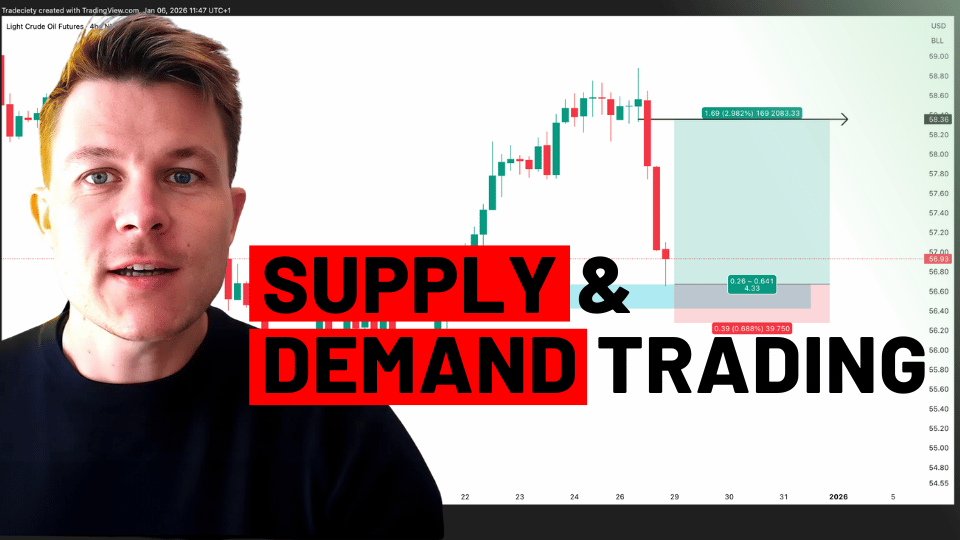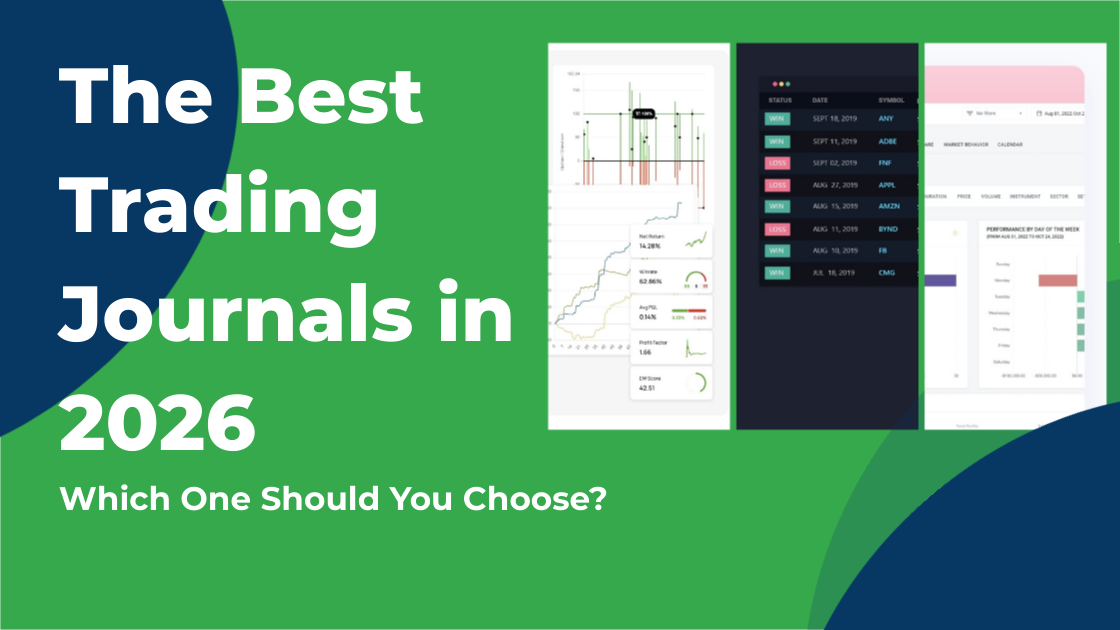Wanted to do this for some time, so here we go. Ka-blam!
- Best market? The one that interests you most, besides that the one that is the easiest to position size (i.e. Forex much easier than Futures).
- Best time frame? The one that suits you most, but in the beginning, I am quite sure a higher timeframe would make things easier for a lot of people.
- Best broker? The one that’s 1. best regulated and 2. reasonably priced and 3. has minimum slippage.
- Time to become profitable? 3-5 years.
- Hours that have to be invested each day to establish or operate a profitable trading operation? 2-3.
- Do you need to be the best trader in the world to make a lot of money? No. Not even close.
- What returns are realistic? 2 R-multiple per week.
- Algo- or hand trading? Whatever gets you going. Both have advantages and disadvantages. Algo trading is NOT without emotions, by the way.
- Minimum amount to start trading with? Where it hurts a little when you lose and makes you happy when you win. For me, 200$ risk per trade was the sweet spot.
- How important is psychology? Besides performance anxiety, which has its root in different causes, all psychological problems in trading can be solved by knowledge, in my honest opinion. Study, study, study. Find out what drives your market and what drives your strategy. Be confident. Confidence is key.
- Demo trading? Overrated and can even be dangerous due to the possibility of developing bad habits. Find out how your broker’s platform works, then get it on with amounts that you can afford to lose.
- Should I trade around news? As a day trader, hell yes. I would definitely advise you to find a way to implement a profitable trading plan built around news items as a day trader. They create volatility, momentum and sustained moves, exactly what most day trading strategies need.
- Do I need the support of my family and friends? No, but you definitely need the support of your spouse/partner or either your trading or your relationship will go busto.
- How many strategies do I need? One is enough, two are better. But master one first, i.e. swing trading, then look into longer or shorter term strategies with your freed-up time.
- Risk per trade? For day traders, 0.25%, as the fluctuations can be so rough (+/- 10R per day or more). For swing traders, up to 1% is realistic IMO. 2% already kills the ability to perform in an objective manner of most people.
- Are you scared of algorithms taking over? No. They are written by people, with our biases embedded into them. Also, most of them operate on time frames that none of us human traders compete with. Are they changing the markets? Yes. But the markets have always been and will always be changing. Adapt and overcome.
- Who do you think is the best trader alive? That must be me because my confidence in myself is earthshattering. I certainly don’t make the most money or have the best performance, but I am the best trader I know. Which does by no means mean I am good, the opposite is the truth. I am so good because I think I suck and thus I never stop learning.
- Listen to music while trading? Sure, but something mellow, without lyrics, and create the playlist before starting your session.
- Best ways to boost performance outside of trading? Meditation, nutrition, exercise.
- Fundamentals or technicals? Best traders I know combine both.
- Do indicators suck? No, you just suck at using them. And no, they don’t lag. They visualize the information of “price action” in a different way.
- What should be the maximum drawdown before I stop trading a strategy and figure out what’s going on? 20% is my threshold.
- Do I need a mentor? Yes, in ANY high-level performance activity in the world, people hire coaches. Why do you think you don’t need one? Due your diligence, review your coaches, hire the best you can find for the money. Simple.
- When should I quit? If you want it, never. Take breaks, preserve your emotional capital, but NEVER quit. This IS doable. Absolutely. If you want it. But be honest to yourself – if you don’t want it, then walk away. There are easier ways out there to make (or spend) money.
- Best thing about trading? Location independence, no one to report to, no employees to take care of. Just you and the market. No people crap. Unlimited earning potential.
- Worst thing about trading? Every day is psychological struggle against yourself. But it makes you stronger and better, so maybe not that bad after all.
- When should I take the leap of faith with a strategy? This feeling will come to you in a natural way, after you have made your own experiences and finally decide that you have suffered enough by your own sabotage.
- Should I try to trade other people’s money? Yes, absolutely. It is a whole different beast, just like demo and live trading are so different, but see whether it is for you or not. Don’t simply give up an opportunity like that without ever even trying.
- How much do I need to make per month to live off of trading? Well, depends on your cost of living, simple as that. Calculate it, then multiply it by 4 or 5. That should be your trading account. Then, 12 months of savings additional to that. Don’t forget taxes.
- Do I need a trading plan? Yes, absolutely. And you need every contingency covered. Constantly update and review it on a quarterly basis along with your performance with the help of your trading journal, which brings us to the next question…
- Do I need a trading journal? Hell yes, without any doubt and if you don’t have one, you are losing a lot of money on laziness and stupidity/stubbornness.
- Will trading be around forever? Yes, as long as capitalism is around, trading will be around. And then you have other things to worry about. So take your time and build your career on a sound foundation. This is not a get-rich-quick scheme.
- Last but not least, is trading for me? No idea, write me your story in the comments below or ask me other questions and I will add them here.
Moritz
Oct 6, 2018 4:25:52 AM


